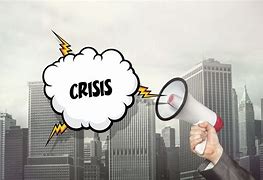Debt Divide: The Political Duel Over Student Loans
The student loan crisis in the United States has become a deeply polarized issue, with Republicans and Democrats offering contrasting approaches to tackle the growing burden of student debt. Republicans, advocating for individual responsibility and smaller government intervention, are cautious about extensive loan forgiveness programs. Instead, they propose measures to reduce the cost of higher education and promote alternative education pathways.
The Not-So-Hidden Reason For Republicans’ Student Loan Anger | HuffPost Opinion
Democrats, on the other hand, advocate for more significant government intervention to address the crisis. They support initiatives such as loan forgiveness programs and income-driven repayment plans, arguing that student debt disproportionately affects marginalized communities and exacerbates economic inequality. Democrats have introduced bills aimed at providing relief to borrowers, including proposals to cancel all or a portion of existing student loan debt.
Voters split on student loan forgiveness, new poll shows (nbcnews.com)
In Congress, several bills related to student loan debt reflect the divergent approaches of Republicans and Democrats. The College Transparency Act, sponsored by bipartisan lawmakers, aims to improve transparency around college costs and student outcomes. Meanwhile, Democrats have introduced bills like the Student Debt Cancellation Act, which proposes to cancel outstanding student loan debt for borrowers.
Finding a middle ground between Republicans and Democrats is still difficult, despite legislative efforts. The problem of student loan debt has become extremely politicized, with opposing parties pushing for policies that support their own viewpoints. Millions of borrowers are still burdened by student debt as the debate rages, highlighting the critical need for bipartisan cooperation to address the issue and guarantee equitable access to higher education for all.





Comments
Post a Comment